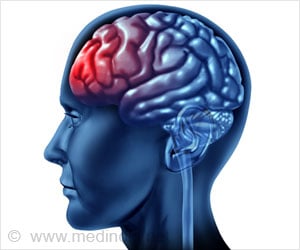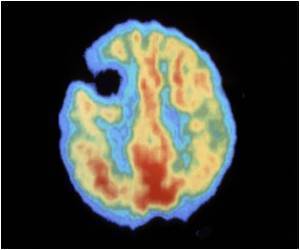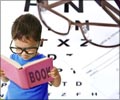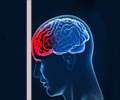Highlights
- Majority of the concussions in children resolve in 7-10 days without any complications.
- Those symptoms that last for more than 10 days lead to academic difficulties in children.
- These difficulties are more prominent in children who report more than 3 concussion related symptoms including vision problems.
"As we continue to try to improve concussion protocols, specifically when it comes to children, it is important that we understand the effects of a concussion on a child's ability to learn," said Mark Swanson, O.D., associate professor in the School of Optometry, University of Alabama at Birmingham (UAB).
Therefore, in children who report academic difficulties following concussion, a comprehensive vision assessment should be part of return-to-learn protocols. This will help determine when children are ready to return to the classroom.
Traumatic Brain Injury
According to the Centers for Disease Control, the rate of childhood traumatic brain injury visits to an emergency department more than doubled between the years 2001 and 2009.
The majority of pediatric patients with a concussion resolve within seven to 10 days without complications.
The standard treatment for concussion is a period of cognitive rest followed by rehabilitation if symptoms linger, usually balance and/or vestibular therapy.
Traumatic brain injuries can cause near vision related problems like difficulty in focus and the ability to coordinate eye movements, which can lead to blurred vision and discomfort.
These are usually not detected during standard eye test which tests distance visual acuity.
Study
Study identified that blurred vision and difficulty concentrating are among the most common symptoms affecting academic difficulty in children with traumatic brain injuries.
Researchers recruited 276 children aged 5-18 years who reported three or more concussion-related symptoms present for 10 days or more, as well as a primary symptom of vision problems.
Among these children 29% reported academic difficulty and 46% reported vision abnormalities.
"Moving forward, physicians treating concussed patients should consider the damage done to the brain, specifically the vestibular and oculomotor functions and how long this will affect a child's progression and learning," Swanson said.
"Vision often gets overlooked as a condition that needs checking after concussion, and rehabilitation should be prescribed when appropriate," Swanson said. "Through our continued research, we suggest that vision care providers take a greater role in the assessment of children post-concussion and their readiness to return-to-learn."
Conclusion
Investigators in the UAB School of Optometry, Department of Neurology and Department of Pediatrics are working together to further understand brain injury, from cellular function to community health as a better way to determine public health policy.
Researchers from the University of Alabama at Birmingham partnered with Children's of Alabama Concussion Clinic for the study. The findings were reported in the current issue of Optometry and Vision Science.
Reference
- Mark Swanson et al. Academic Difficulty and Vision Symptoms in Children with Concussion. Optometry and Vision Science; (2017) doi: 10.1097/OPX.0000000000000977/span>
Source-Medindia









